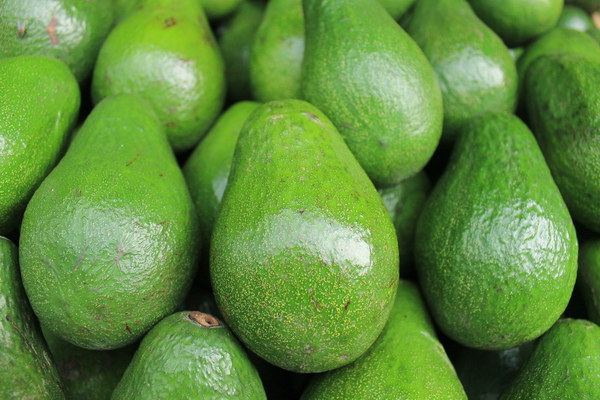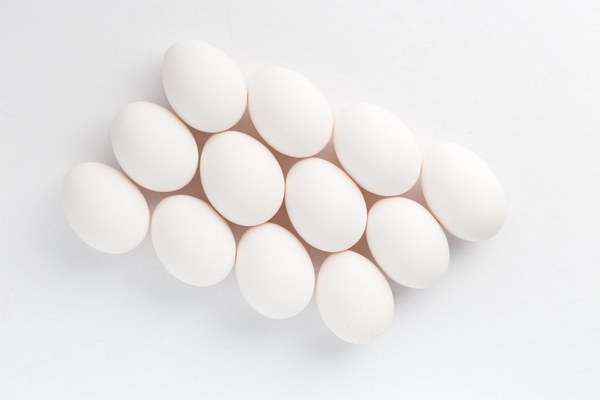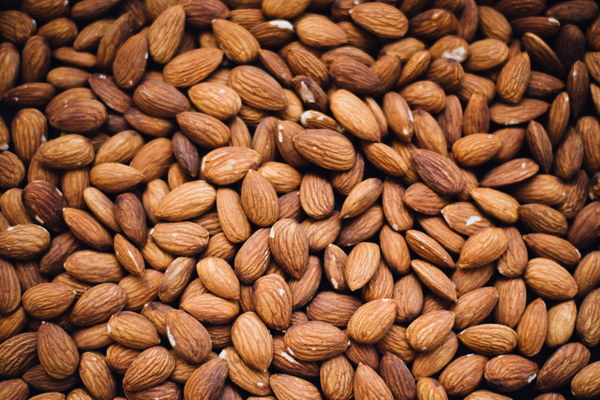Is Treating Spleen and Stomach Coldness with Dampness-Relieving Herbs Effective
Introduction:
Spleen and stomach coldness, a common health issue in traditional Chinese medicine (TCM), is believed to be caused by an imbalance in the body's yin and yang, resulting in dampness accumulation. Many individuals seek natural remedies to alleviate this condition, with dampness-relieving herbs being one of the popular choices. This article aims to explore the effectiveness of treating spleen and stomach coldness with dampness-relieving herbs.
I. Understanding Spleen and Stomach Coldness

1. Definition: Spleen and stomach coldness refers to a condition where the spleen and stomach organs are functioning improperly due to coldness, leading to various symptoms such as fatigue, bloating, loose stools, and poor appetite.
2. Causes: The condition can be caused by factors such as poor diet, lack of exercise, excessive consumption of cold or damp foods, and emotional stress.
3. Symptoms: Common symptoms include fatigue, bloating, loose stools, poor appetite, weight gain, and body ache.
II. Dampness-Relieving Herbs
1. Function: Dampness-relieving herbs are believed to help eliminate dampness from the body, thereby alleviating the symptoms of spleen and stomach coldness.
2. Common herbs: Some commonly used dampness-relieving herbs in TCM include Atractylodes macrocephala (Bai Zhu), Poria cocos (Fu Ling), and Alisma orientale (Ze Xie).
3. Mechanism of action: These herbs work by promoting the flow of Qi, improving digestion, and eliminating dampness from the body.
III. Effectiveness of Treating Spleen and Stomach Coldness with Dampness-Relieving Herbs
1. Scientific research: Limited scientific research has been conducted on the effectiveness of dampness-relieving herbs in treating spleen and stomach coldness. However, some studies have shown promising results.
a. A study published in the Journal of Ethnopharmacology found that Atractylodes macrocephala extract could improve the symptoms of spleen and stomach coldness in rats.
b. Another study published in the Chinese Journal of Integrated Traditional and Western Medicine demonstrated that a herbal formula containing Alisma orientale, Atractylodes macrocephala, and other herbs could alleviate the symptoms of spleen and stomach coldness in patients with chronic diarrhea.
2. Clinical evidence: Many patients have reported improvements in their symptoms after using dampness-relieving herbs. However, it is important to note that individual responses may vary.
3. Considerations:
a. Proper dosage: It is crucial to follow the recommended dosage of dampness-relieving herbs to avoid potential side effects.
b. Consultation with a TCM practitioner: It is advisable to consult a TCM practitioner for a personalized herbal formula tailored to the individual's specific condition.
IV. Conclusion
Treating spleen and stomach coldness with dampness-relieving herbs has shown promising results in both scientific research and clinical evidence. However, it is important to note that individual responses may vary, and proper dosage and consultation with a TCM practitioner are crucial. While dampness-relieving herbs can be a valuable addition to the treatment plan, they should not replace conventional medical treatments when necessary.
In conclusion, treating spleen and stomach coldness with dampness-relieving herbs can be an effective approach for many individuals. By understanding the condition and the herbs used, individuals can make informed decisions regarding their treatment options.









